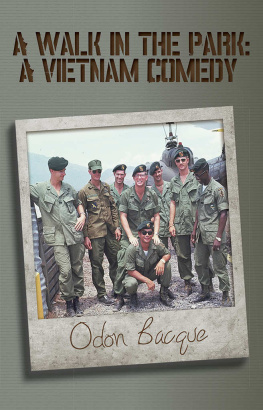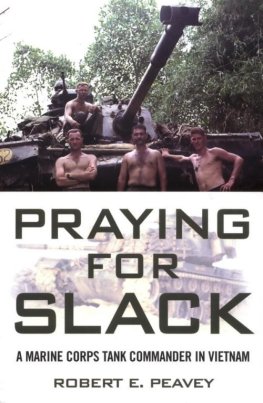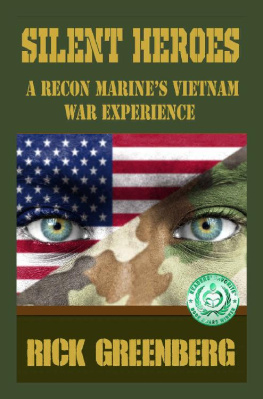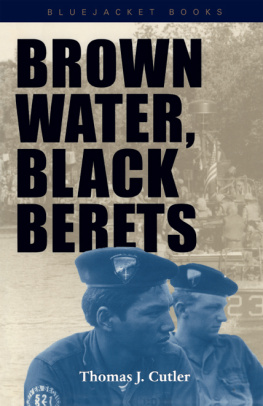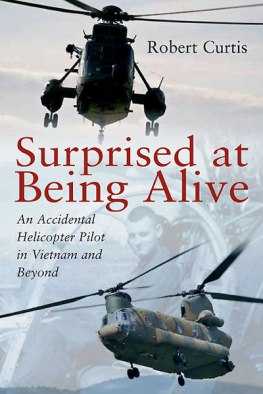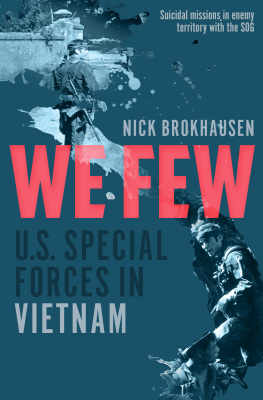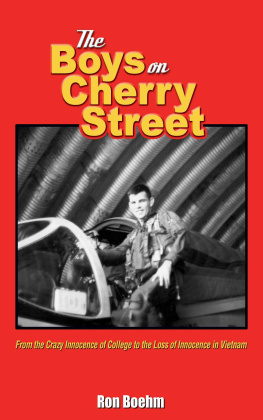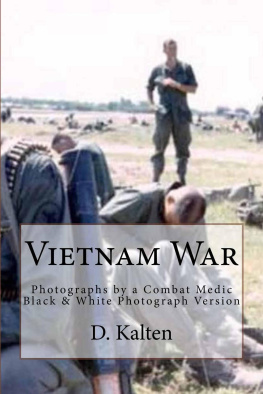A Walk in the Park:
A Vietnam Comedy
A Walk in the Park:
A Vietnam Comedy
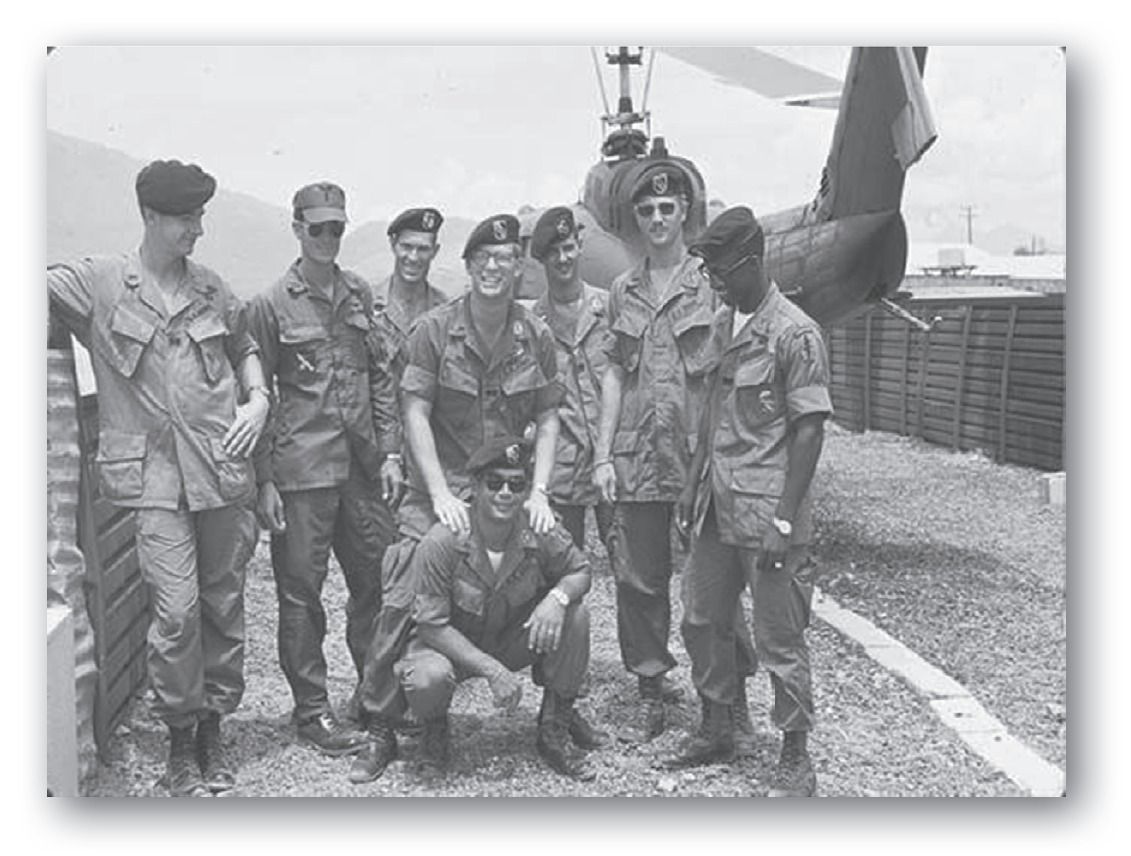
OdonBacqu
Copyright 2015 Odon Bacqu
All rights reserved.
ISBN: 1515111598
ISBN 13: 9781515111597
Library of Congress Control Number: 2015911654
CreateSpace Independent Publishing Platform
North Charleston, South Carolina
To Carl Bauer
Without his encouragement and belief in me, this project never would have started. I regret that he did not live to see the completed product.
To Cookie, my wife of forty-six years
If she had not kept my letters, the memories would have remained locked inside.
To my writing instructor, Kim Graham
She awakened whatever sleeping talent exists in these pages.
To my fellow Life Writing class members
Thank you for listening to my stories and giving me both the inspiration and the advice I needed to continue.
CONTENTS
PROLOGUE
D addy, who are you?
I can still recall one of my girls asking me that question. I had been very fortunate in life; I had become a person of some renown in my hometown, and that was the genesis of the query.
As I started to write this story, that question came to mind, but in a different context. Now it was more existential. Who I was and who I had become was, to a great extent, the result of my being a part of the US Army and my participation in a conflict known as Vietnam. I had matured, done a job very well, and developed a feeling of self-worth. So for me, my experience in Vietnam was not a horror story; it was a great developmental experience. What I did, what I experienced, and what I learned was very important in helping me become who I am.
My stay in Vietnam was not heroic; it was much more comedic. I was, in the grunt parlance, a REMF, a rear-echelon motherfucker.
That was not my choice; it was the grace of God, because I went over as an infantry second lieutenant. I was both Airborne and Special Forces qualified, but I went to be a platoon leader, a leader of men in battle. We were told that we would not be assigned to Special Forces because there were no second-lieutenant slots available, but we would be the best-trained platoon leaders in-country. Fortunately, as has been the case in most of my life experiences, the bad did not happen; I did end up in Special Forces but in a role I could never have imagined.
And so now, forty-four years after I returned, I have finally written the story I promised myself Id write while I was there. The final impetus came when Cookie, my wife, and I moved into a new house three years ago, and I finally unpacked the letters Id sent her chronicling my short army career. I wrote almost every day, and that saved correspondence helped stimulate the memories I had stored away.
But how do you start, and how do you write?
My friend Carl Bauer, who did not survive to see this finished product, encouraged me to join him in a writing class. I needed that structure and encouragement. Without both, this book would still be a future project, not a finished one.
Every veteran has his or her own story; this is mine. I was lucky, and now, through the prism of self-reflection, I can see how truly fortunate I was. And even though I was not a hero, I knew many who were and are, and I hold them in the deepest respect. My story is not meant to diminish in any way what they did but only to tell what I experienced.
For those of you who are unfamiliar with army terminology and acronyms, I have included a glossary at the end of the book.
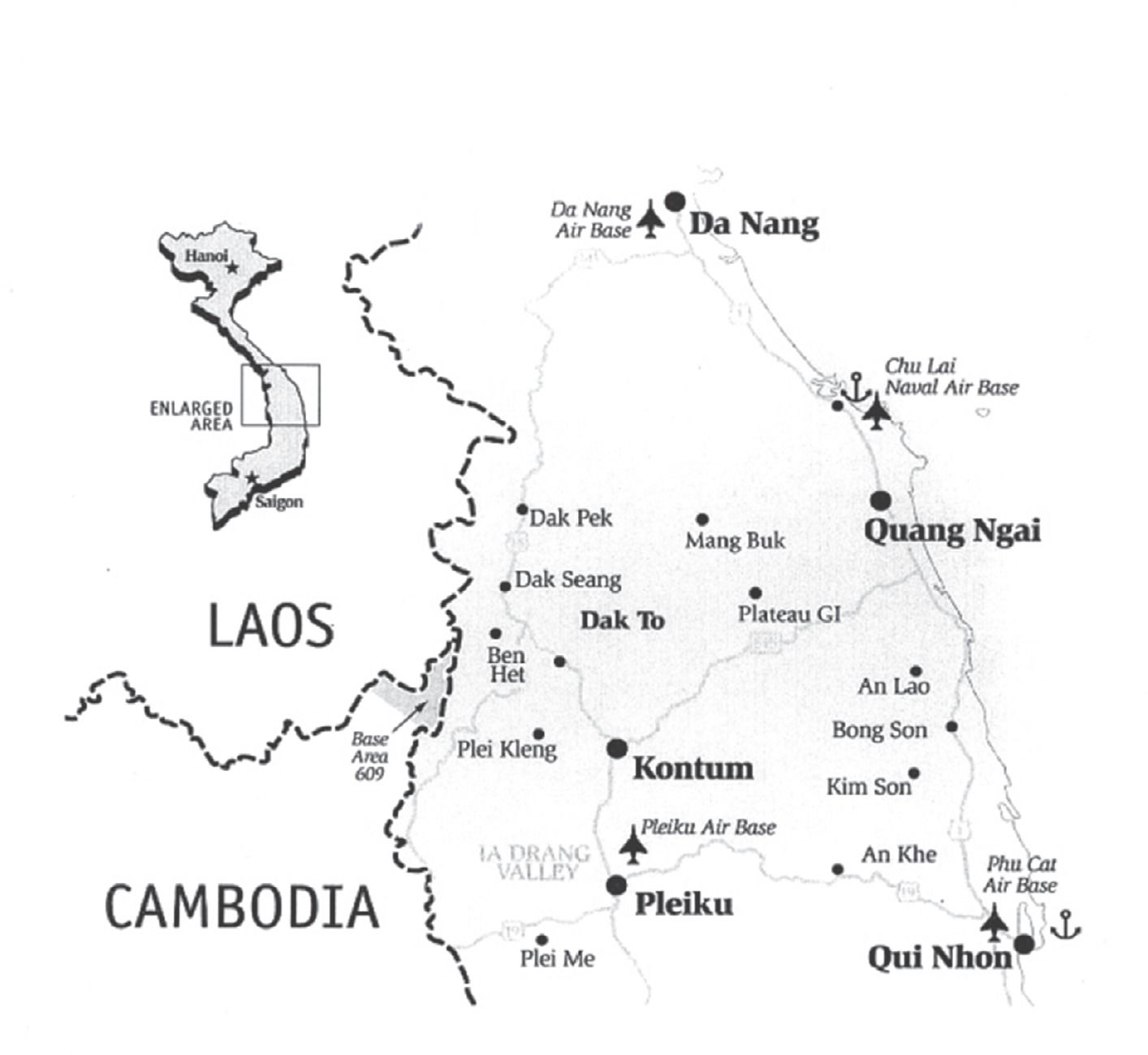
The Central Highlands, Our Area of Operations
BASIC AND AIT
I remember sitting in front of our black-and-white TV in the Summit Apartments, at LSULouisiana State Universitywatching CBS News report on the Tet Offensive. It was early February 1968, and I was scheduled to graduate from LSU in a few days, on the fifth of February, and then join the army on the eleventh. LSU expected me to walk down the aisle and receive my diploma, but I had made a deal with the army recruiter. He had written the university a letter telling them that I would be in the army on graduation day and unavailable to personally receive my diploma. I was actually going to be in Red River, New Mexico, skiingmy last fling before becoming a soldier. My mom, who had been subject of many pranks, did not believe I had actually graduated until the diploma came in the mail several months later.
You would think that I would have been worried, since my army career was only a few days away from starting, but I was completely unconcerned. Why? I had been told that because of my eyes (I was almost blind without glasses) I could not be in a combat arms position. I was, the recruiter stated, probably bound for an embassy in an exotic locale. I would first have to go through basic training, an advanced course, and finally infantry-officer courses, but that was just a formality, leading to an assignment in the Adjutant Generals Corps. Based on those reassurances, I had not one twinge of concern as I watched the bullets hitting in camera range.
I had arrived at this position because of a law-school request that I not return for my second year. I had finished my first semester on probation, and the second semester sealed my fate. Because I had transferred to LSU from USL, The University of South Louisiana, as an undergraduate, I lost a semester and had gone to law school without a degree. In the summer of 1967, I received a letter from Uncle Sam letting me know that if law school didnt want me, he did. Since I lacked only a semester to graduate, I was able to delay the draft until my graduation, scheduled for February 1968. With that small issue decided, I started to investigate my options. Both my grandfather and father had served as military officers, and I thought that might be a good way for me to serve as well. I knew there was a war going on, but I just did not think that I would be part of it. There was no justification for my belief; it was just the way I reacted to the situation.
The first options I investigated were the reserves, but because of the end of the 2S school deferments, the smarter people had closed that option to me. One reserve unit had openings, but it was a Special Forces unit, and you had to be a paratrooper to join. I had, since a very young age, a great fear of heights, and just the thought of jumping out of a plane terrified me.
I looked at the navy and air force, but in the back of my mind, I felt that the army was my destiny. Because of my desire to be an officer, I had to appear before a panel of army officers to be interviewed. After they asked me many questions and looked at my medical records and the thickness of my glasses, they said that, in their collective opinions, I would be unfit for a combat assignment, which was certainly music to my ears. Once again my charm, wit, and intelligence, as well as my physical limitations, had rewarded me, or so it seemed. I signed the papers and waited for school to end.
On the eleventh of February, a beautiful early spring day, I was sworn in to the army in New Orleans. My parents and fiance, Cookie, were by my side. I was dressed in a sport coat, tie, and penny loafers. After the swearing in, I was told to catch a plane at the airport, leaving at 6:00 p.m., and given an envelope full of paper.
My destination: Fort Dix, New Jersey.
The four of us spent a very pleasant afternoon in New Orleans, and I was delivered to the airport in good spirits. I later found out that this freedom was most unusual, but at the time I thought nothing of it. In most situations, the draftees were delivered to the airport or bus station in locked buses and under guard. I guess the army figured that a volunteer, dressed in a sport coat, was not a flight risk. When I left New Orleans, the temperature was in the low sixties, and I felt a sense of adventure as I boarded the plane.
Next page
